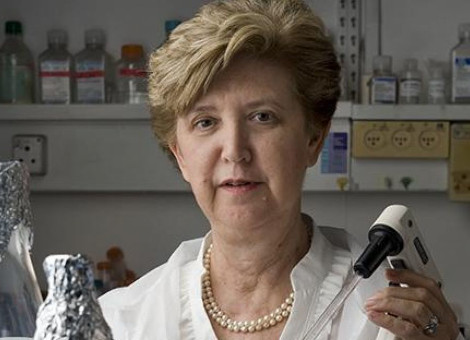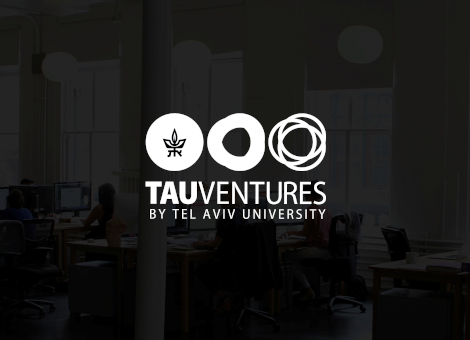
TAU’s Professor Illana Gozes wins U.S. award for her work in Alzheimer’s research
Tel Aviv University (TAU) Professor Illana Gozes, in collaboration with colleagues from Hong Kong, was named among the winners of the 2021 Healthy Longevity Catalyst Awards, presented by the U.S. National Academy of Medicine (NAM), for her contributions at the vanguard of Alzheimer’s research. Professor Gozes, of TAU’s Sagol School of Neuroscience and the Adams… Read More





